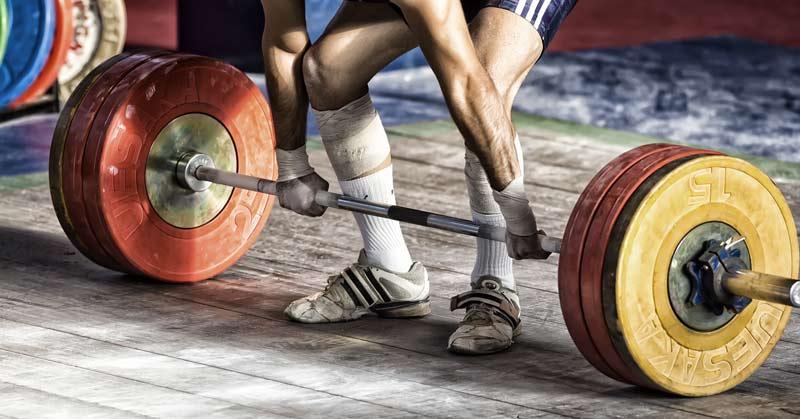Your body is not a machine

Engineers have a tendency to identify opportunities for optimization everywhere. It's only natural, because the whole point of engineering is to develop robust, efficient systems.
When I was a software engineer, I couldn't help but let my approach to work seep into my life outside of work. If I could design my code to run smoothly, quickly, and without errors, why shouldn't I be able to do the same with my personal life? If I just made the right choices at the right times, I should be able to change myself into the fittest, most accomplished, and happiest version of me. And thus, I got sucked into the rabbit hole of productivity maximization.
My life started revolving around a series of short and long term goals, and I coupled my happiness to my accomplishments. In my rational mind, more structure was always better. More planning was always better. More predictability was always better. I wanted my daily routine to run military style – perfectly engineered to help me achieve my maximum potential.

It's not that this mindset didn't help me. It definitely did, and indeed, I still advise people to utilize goals, plans, and systems to increase their life satisfaction. And it works, but only when applied in good measure.
The problem with engineers – and other systematic, logical types – is that they often overdo it. We often choose to ignore the fact that humans have different limitations and also different abilities than machines do. We're built differently, and the whole notion of "optimizing" ourselves just doesn't serve us in the way we might expect it to.
See, software products can always be improved by changing some keystrokes, by refactoring some files, or by adding more servers. In general, the effort you put in is proportional to the output. The more you give to it, the more it gives back. But with our bodies, the same principle doesn't apply.
Hustle culture encourages us to do more, promising higher returns for the effort. But when it comes to physical fitness, we know this isn't true. It's not the effort that is directly responsible for our gains, but rather the recovery afterward. Most of my clients come to me believing that they are not working hard enough, while instead, they would benefit most from working less and managing their stress.

When it comes to nutrition, you might think that there is an exact formula of macros and foods that can provide your body with exactly what it needs and nothing more. But surprisingly, following an exact, "optimal" protocol when it comes to food causes more harm than good. Just ask any bodybuilder.
Sure, your body might the physical components it needs to thrive, but we as humans are so much more than the molecules that make up our bodies. Restrictive eating patterns can lead to serious mental disorders such as orthorexia nervosa, obsessive compulsive disorder, and body dysmorphia. Ironically, people choose to start strict diets to improve their health and self-esteem, but can end up in much worse overall health and feeling more down on themselves than ever.
With software, you can get the best results by applying ruthless precision. But with your body, the best results come from taking a gentle approach that allows for plenty of flexibility.
Whether you like it or not, we are human. We can be messy, emotional, and unpredictable. But we are also creative, adaptable, and intuitive. We are on one hand, incredibly distinct individuals, and on the other, a part of rich cultures and communities. Machines are not. To boil our value down to measurable outputs, and to define our growth by our productivity, is an insult to everything else we are.
Let's change the game and incorporate more compassion and self-care into the process of self-improvement. Let's embrace the fact that we are so much more than just molecules and processes. Let's stop looking for someone to hand us a formula for the optimal lifestyle, and learn to trust our own experiences and intuition in this journey.


